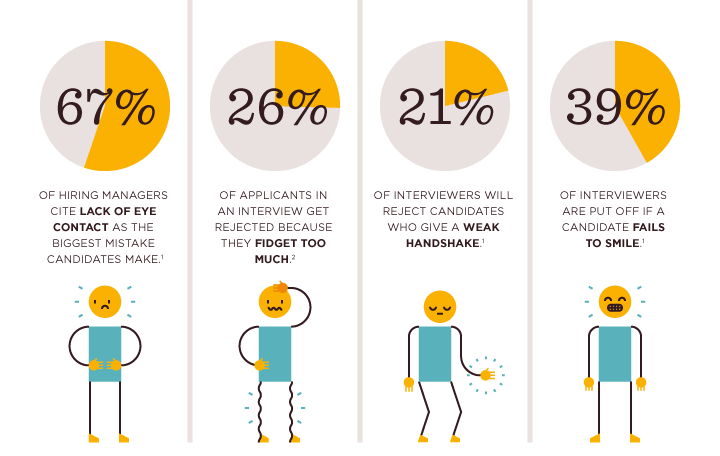Master your body language
Mastering your body language is a crucial element of your skillset in order to achieve success. It conveys confidence, credibility, and professionalism. Effective body language has the power to improve and build valuable relationships, establish trust, and communicate your message effectively.
How can you use your
body language effectively?
It's important to understand your body language because it can greatly influence how others perceive you and the message you're trying to convey. Your body language can communicate your confidence, credibility, and professionalism, and can also impact your relationships with others. By understanding your own body language, you can ensure that you're projecting the image you want to convey and effectively communicate your message.

enhance your communication
Learn how nonverbal communication can help you differentiate yourself from the rest — tap into what Menno Bakker teaches world-leading companies and governments around the world. If you are a business professional working in Sales, HR, Finance, Marketing, Communication, Forensics etc., this online training program is for you.
You will be able to directly apply your new skills in your private and professional life, including enabling better interpersonal and business skills.
Skills:
- Speed-read and decode body language at an expert level
- Negotiate more effectively
- Increase your sales potential
- Enhanced your communication and presentation skills
- Improved social and leadership skills
- Increased awareness of your own body language
- Increase the understanding of feelings, thoughts and intentions of others
- Increased likability and ability to influence others
Did you ever wanted to read someone's mind?
Body language is a form of nonverbal communication that involves using physical cues and gestures to convey meaning,
Understanding nonverbal communication is extremely relevant in day-to-day communication because it helps you better understand the emotions, intentions, and attitudes of the people you interact with. While verbal communication conveys explicit meaning through words, nonverbal communication provides important contextual information through facial expressions, gestures, body language, and tone of voice.
By paying attention to nonverbal cues, you can better read the emotions and thoughts of the people you interact with, which can help you build rapport and improve communication. For example, noticing a colleague's tense posture or fidgeting can signal that they are feeling anxious or uncomfortable, allowing you to adjust your approach and provide support.
